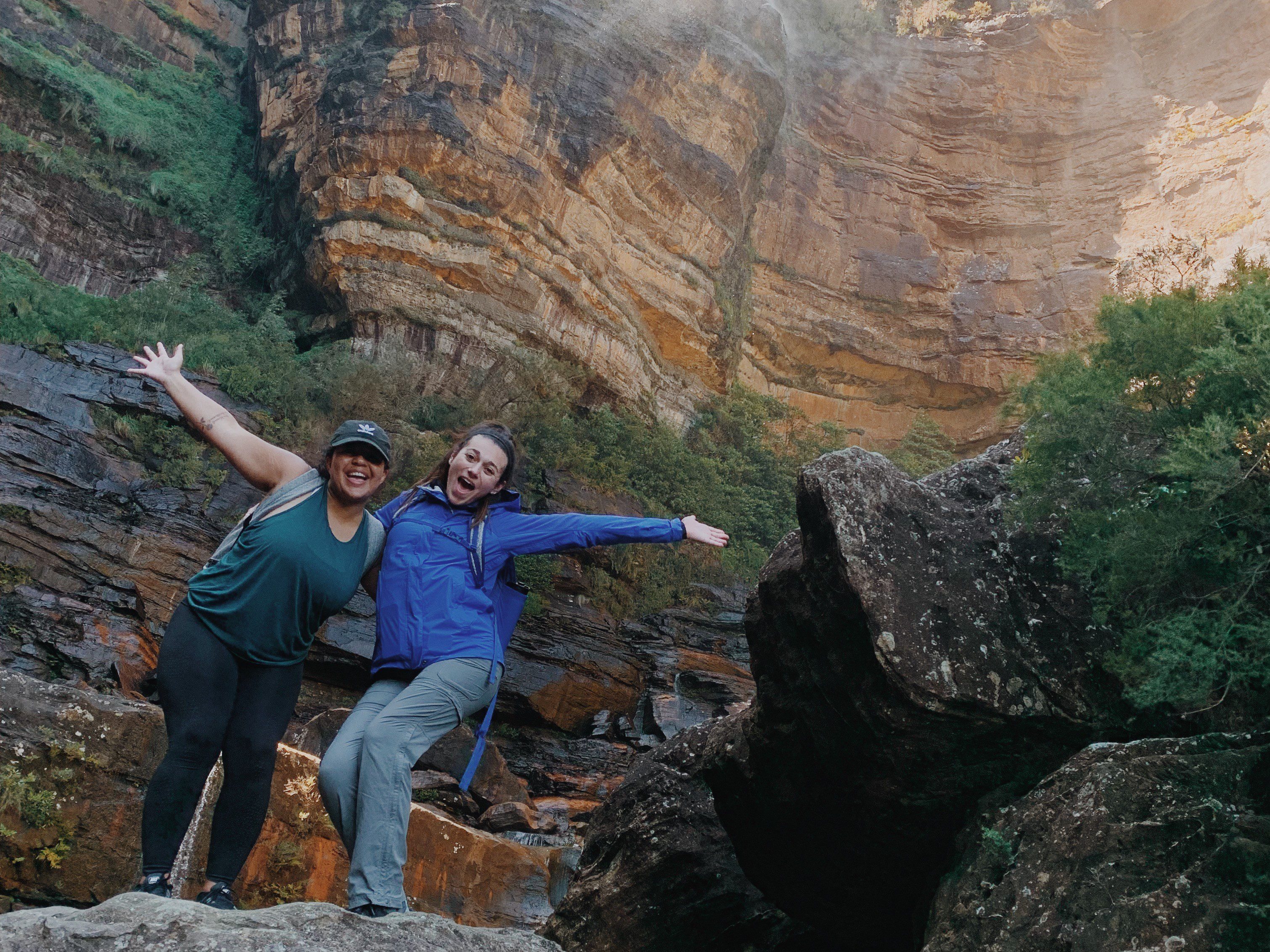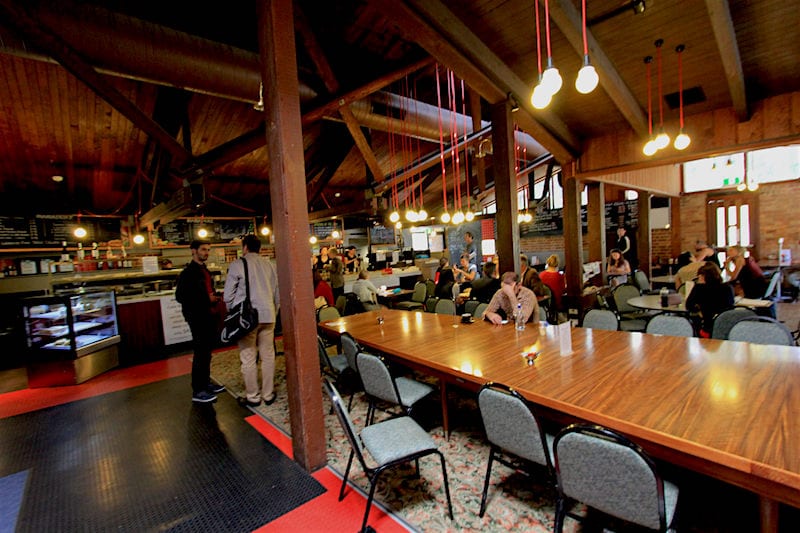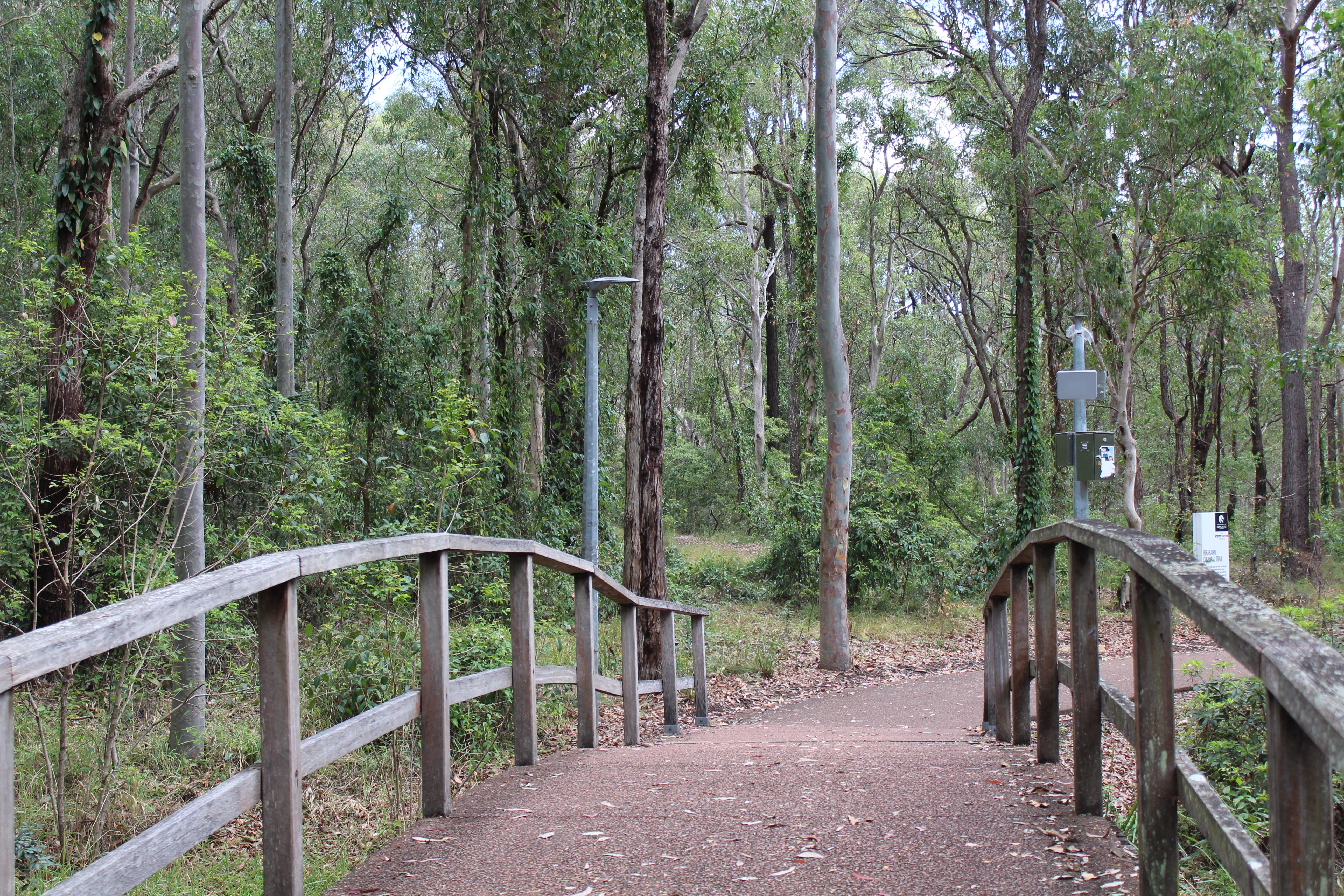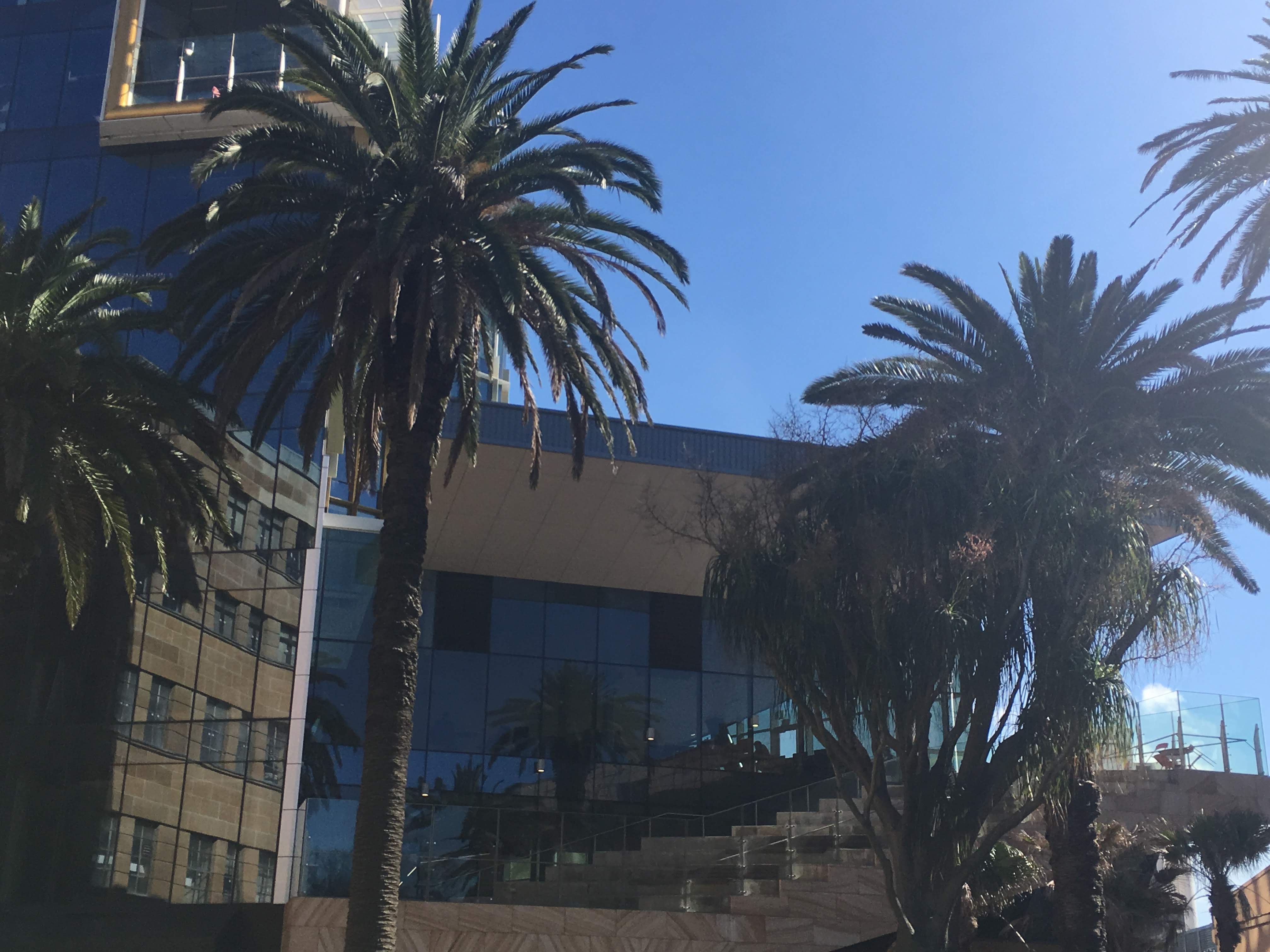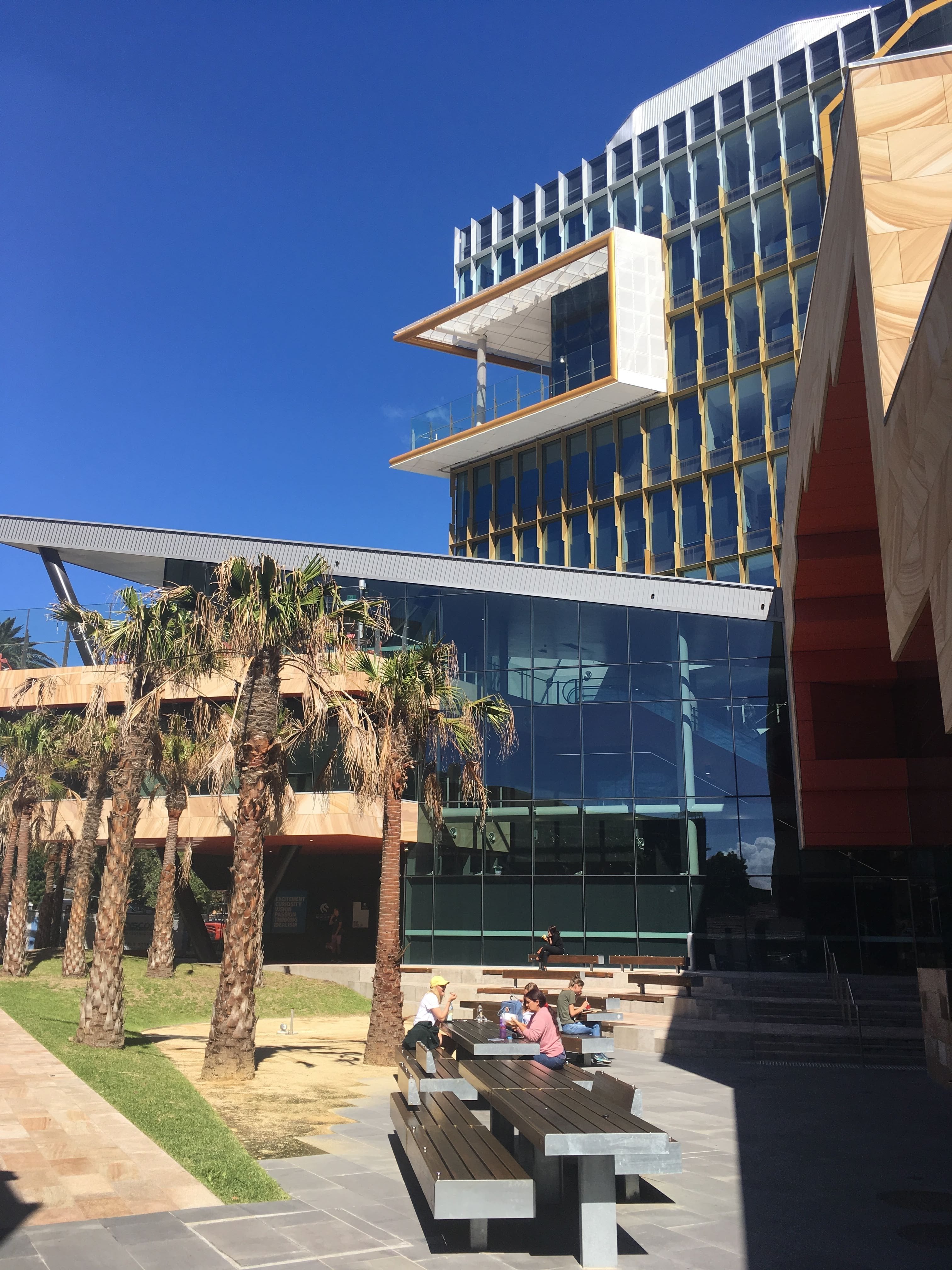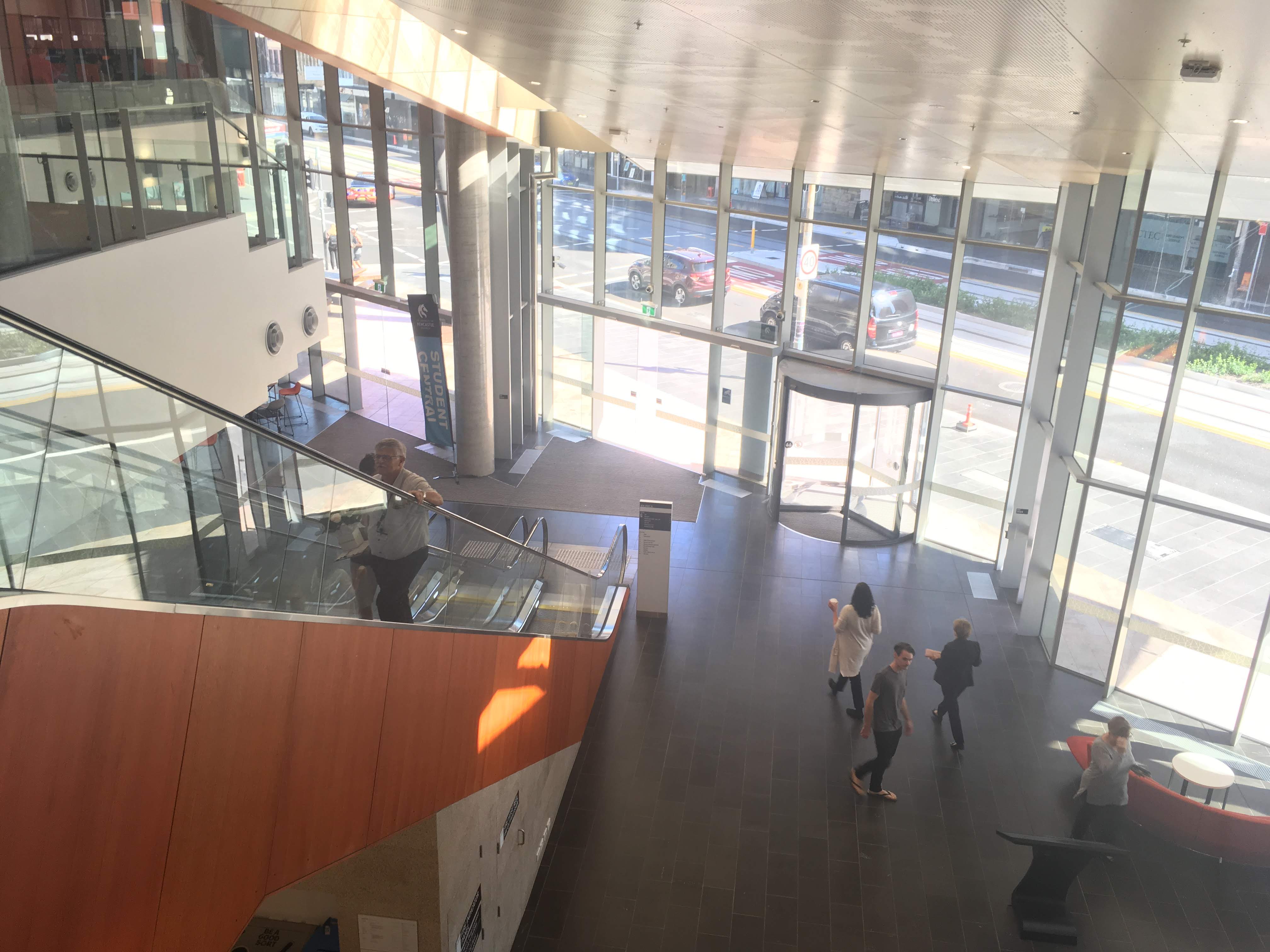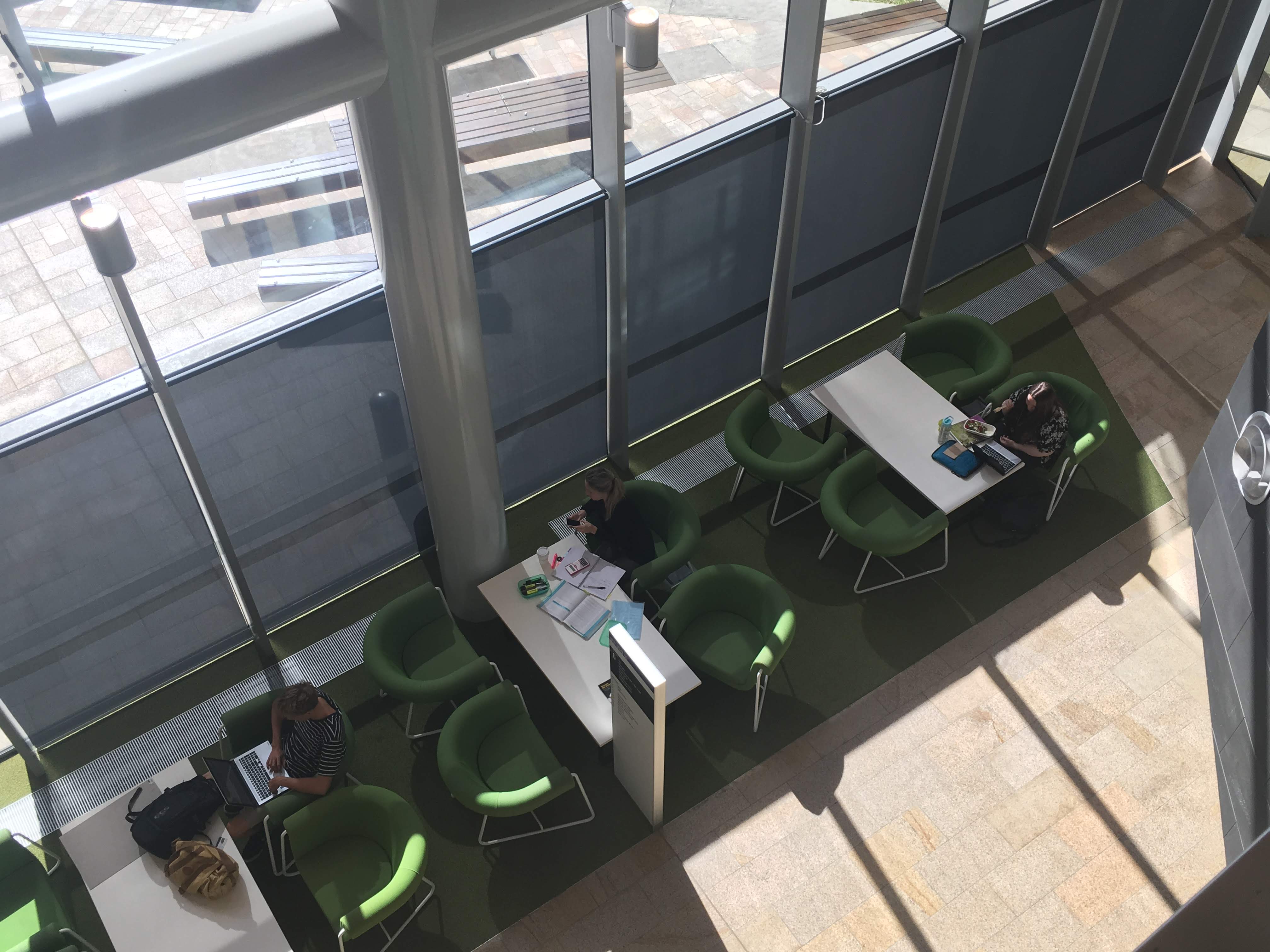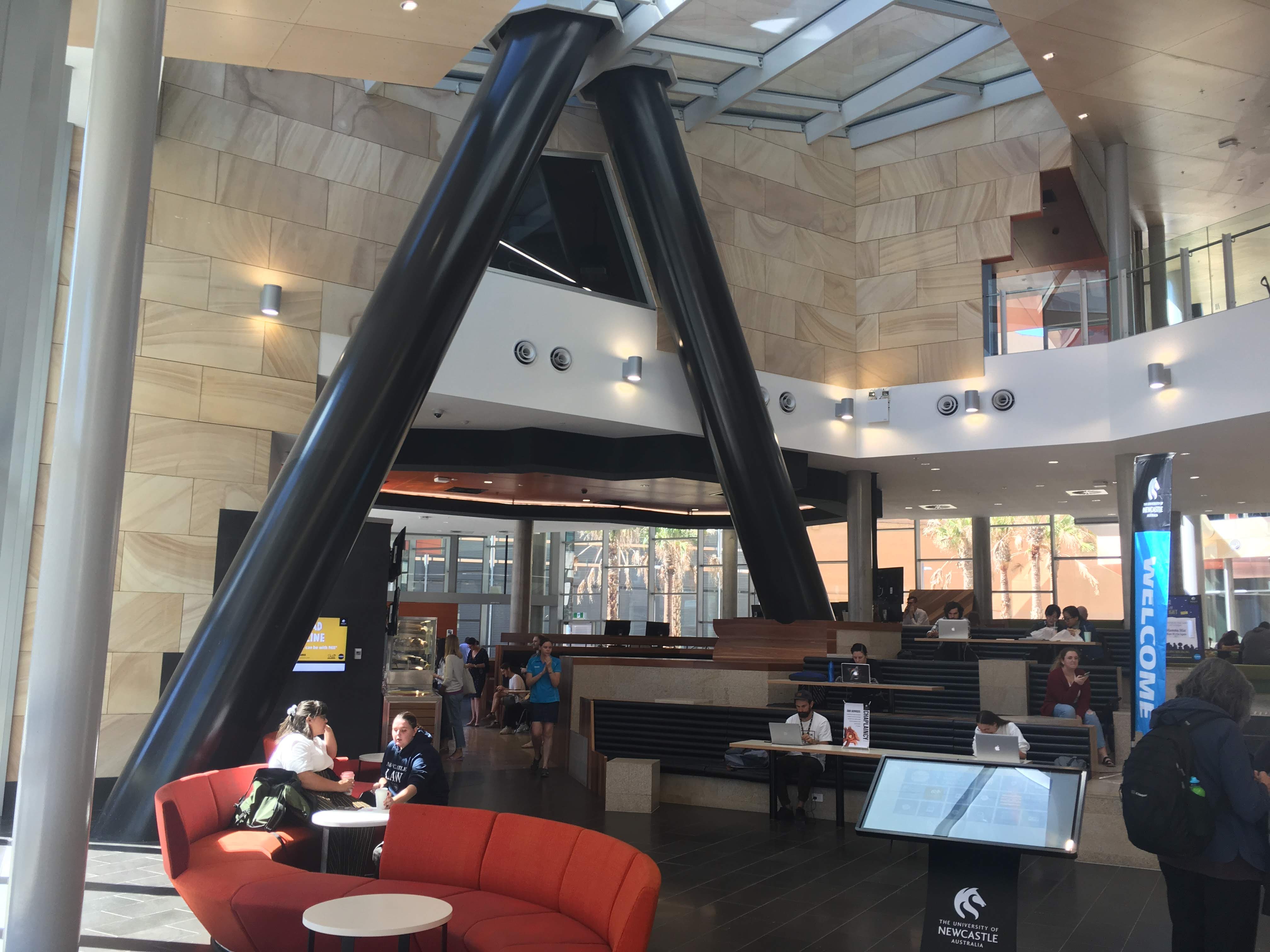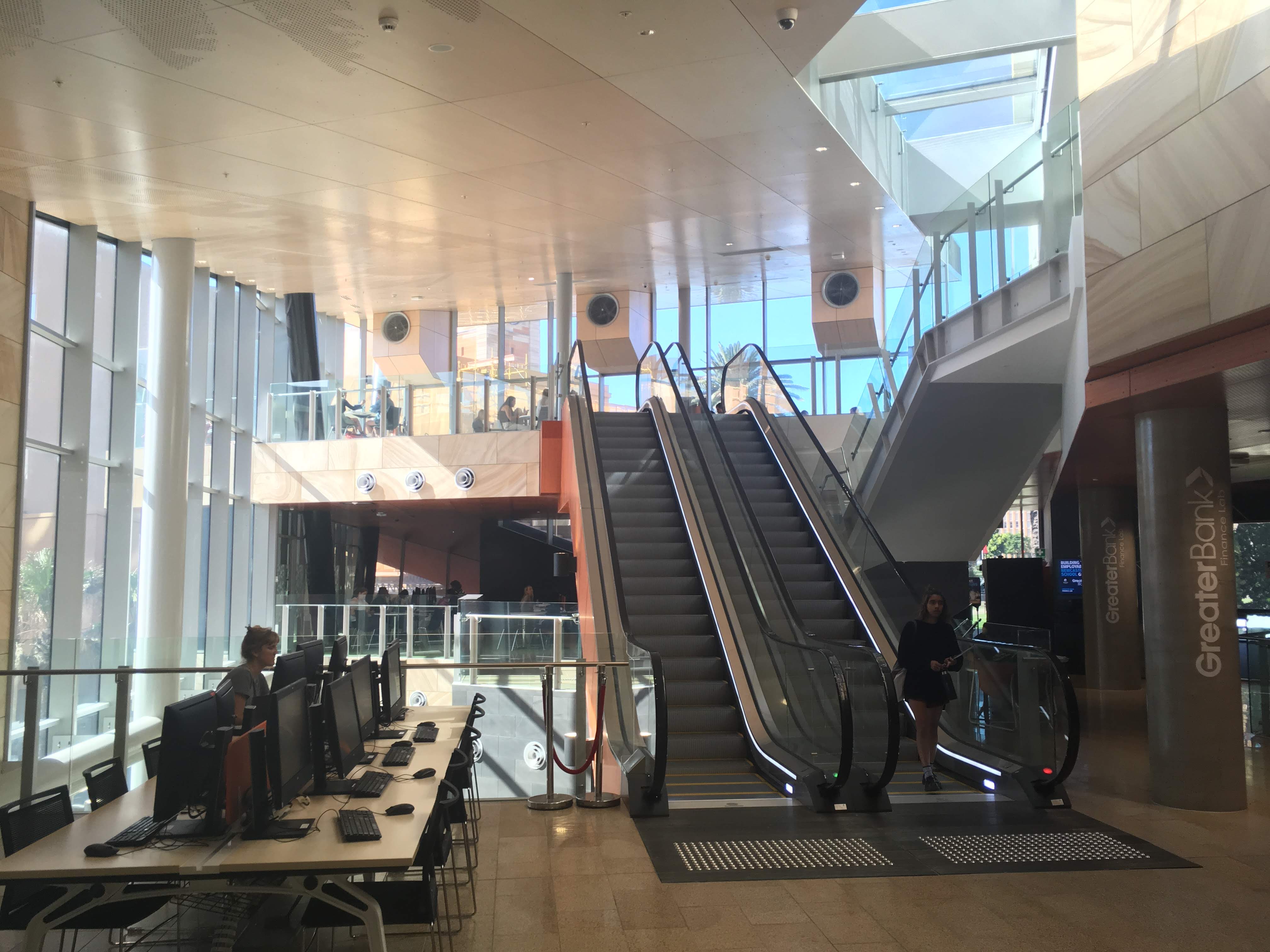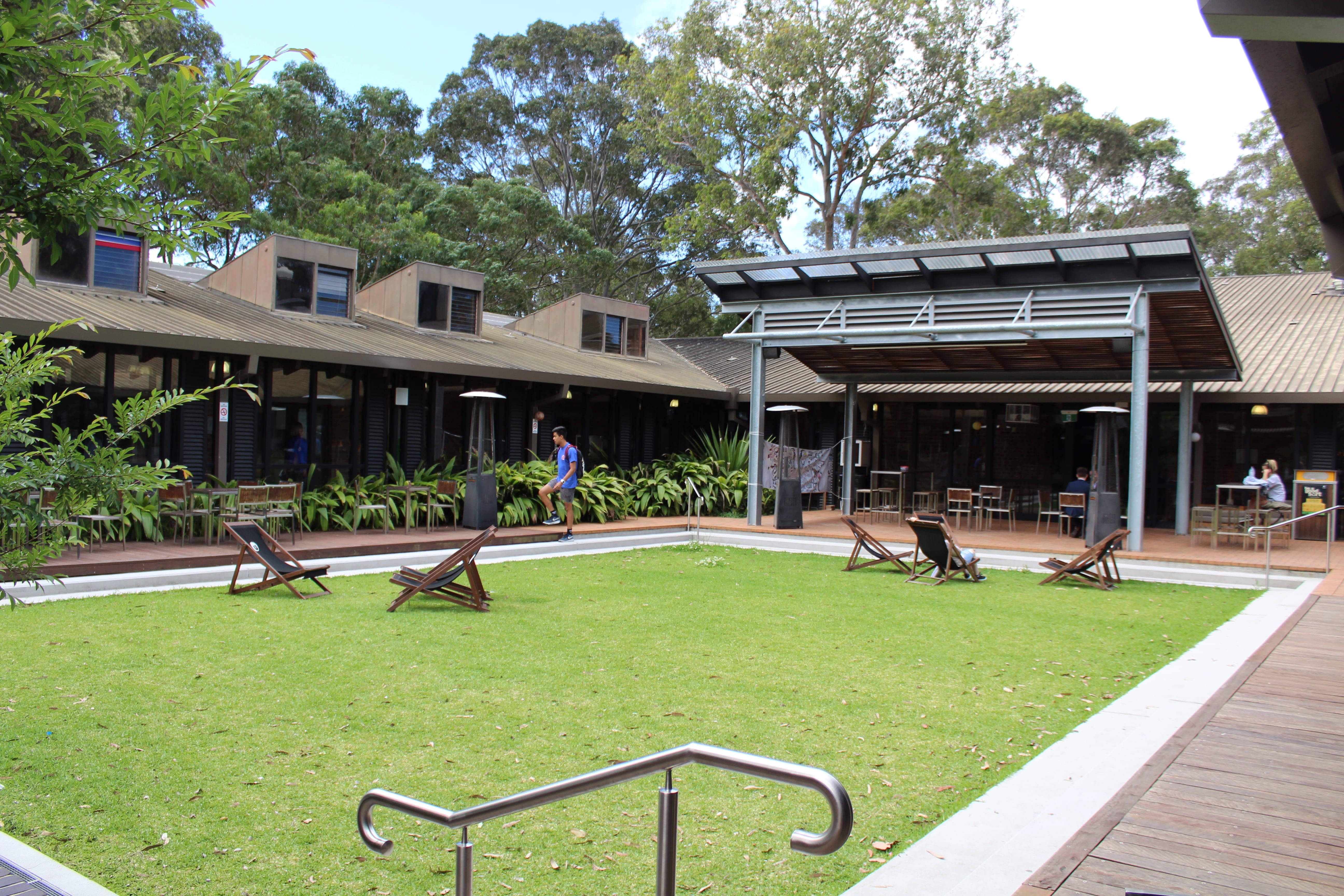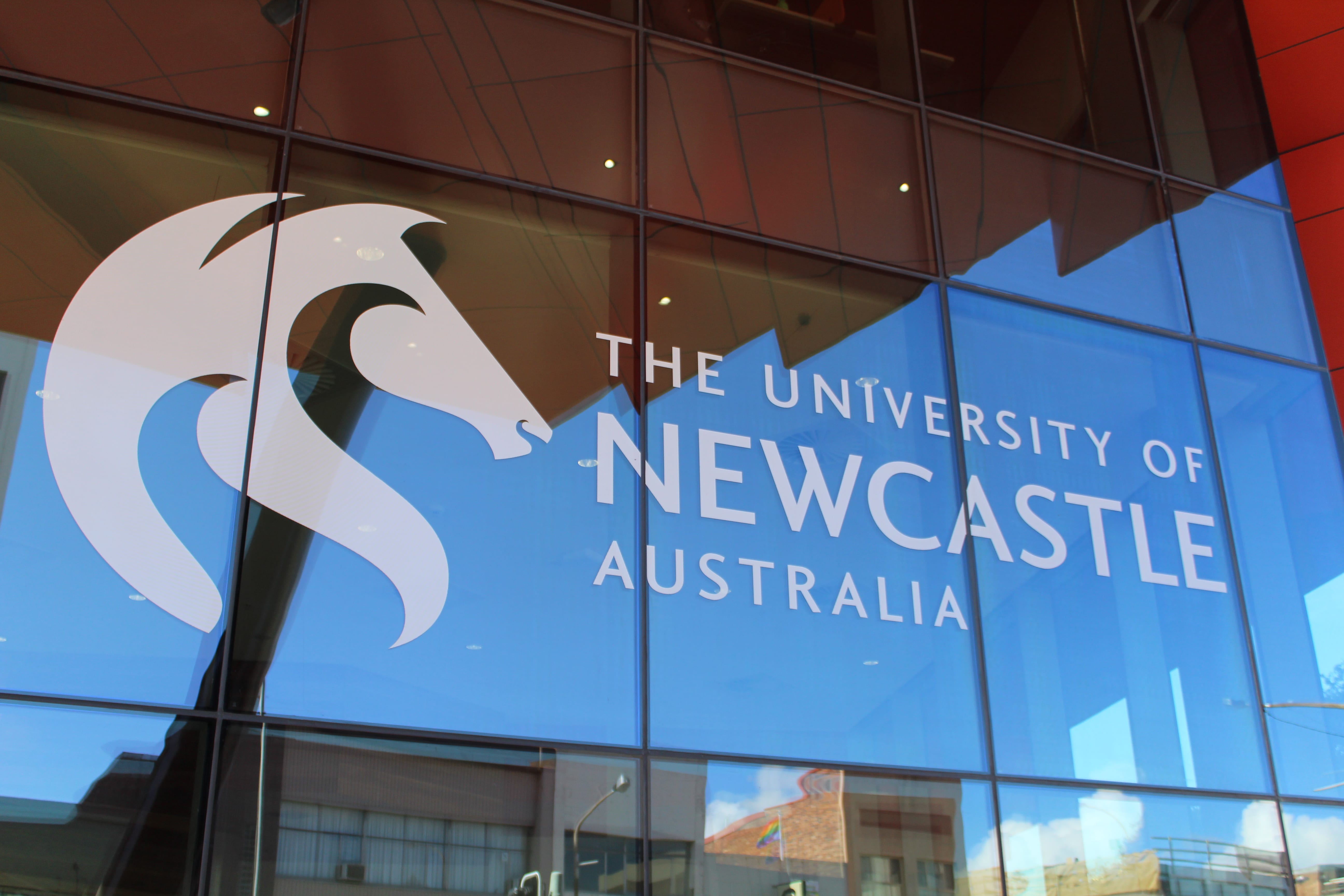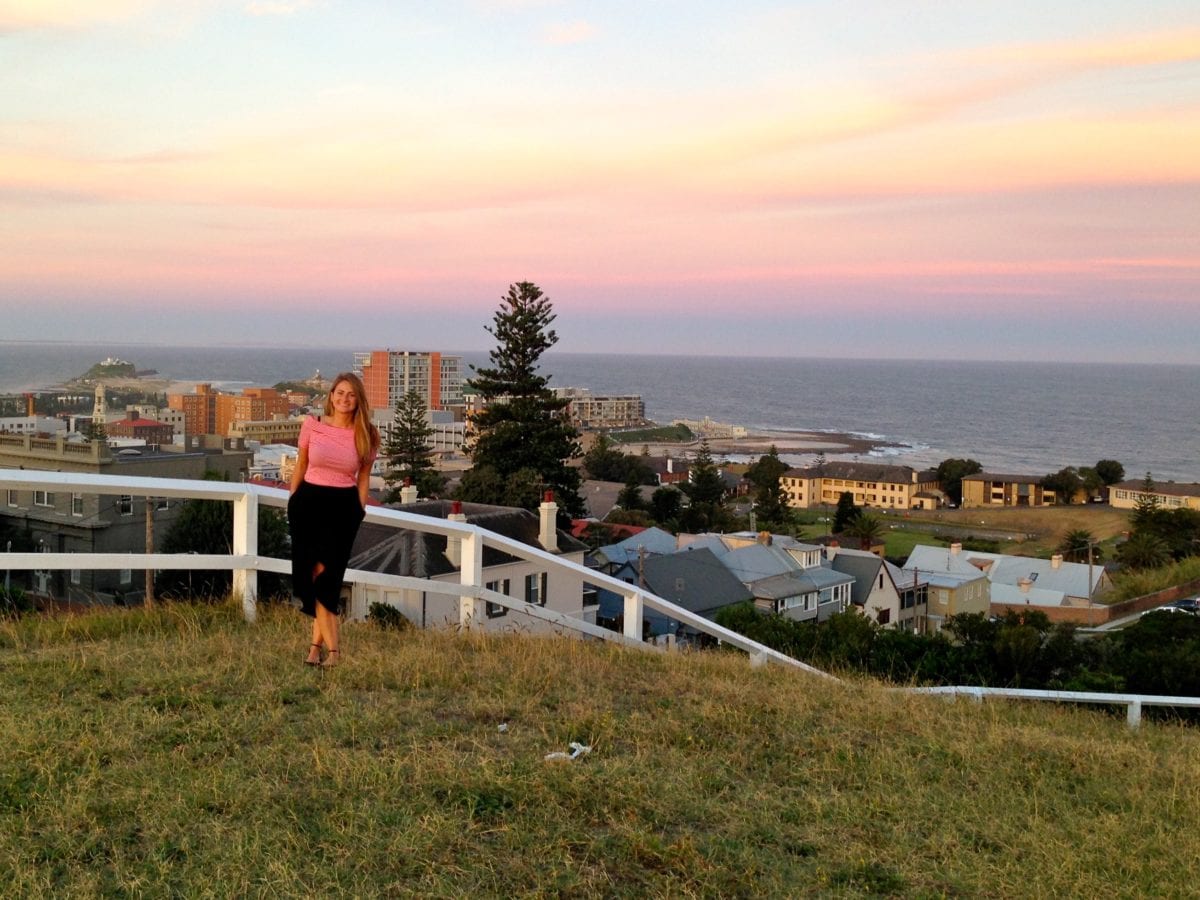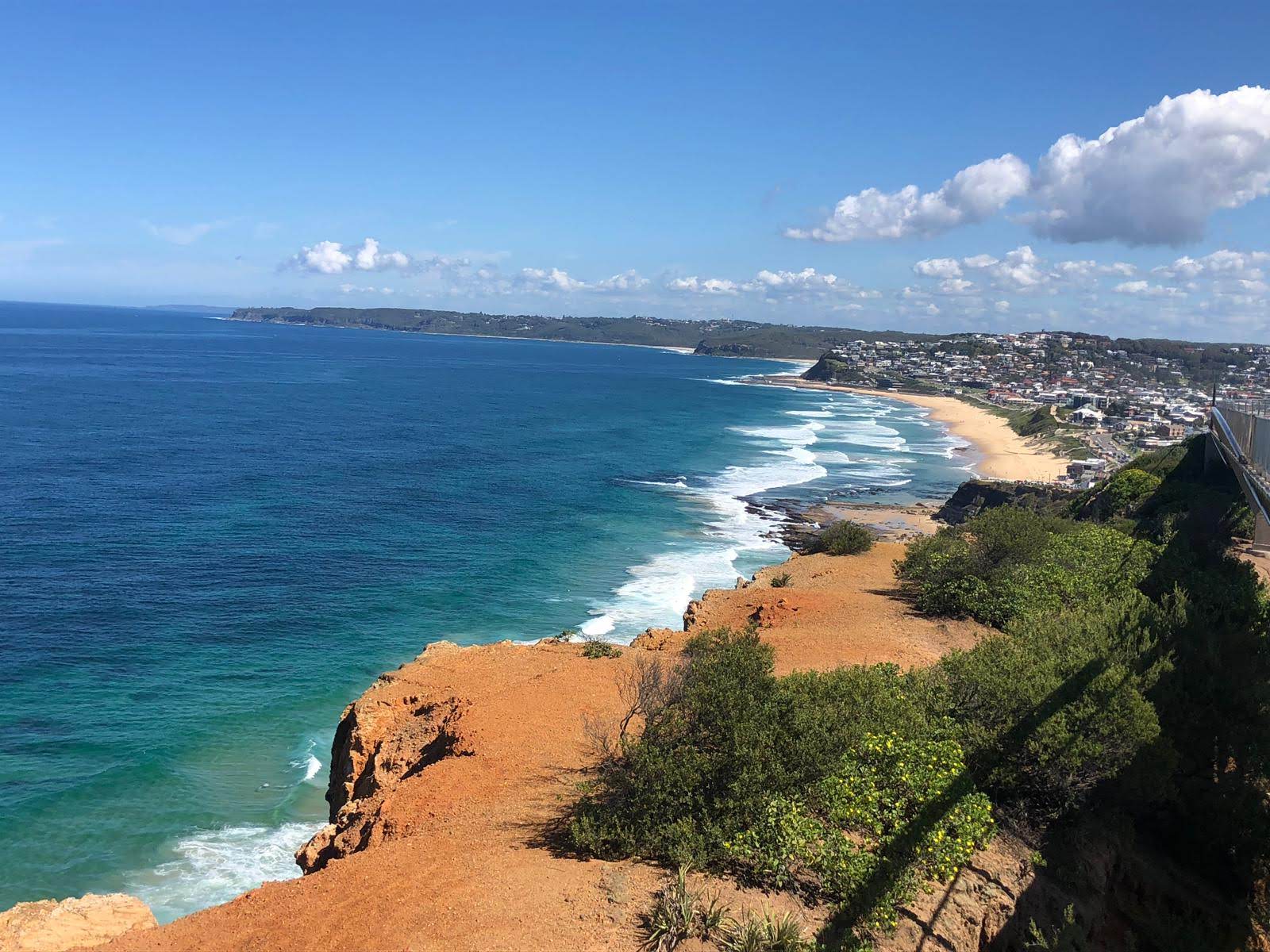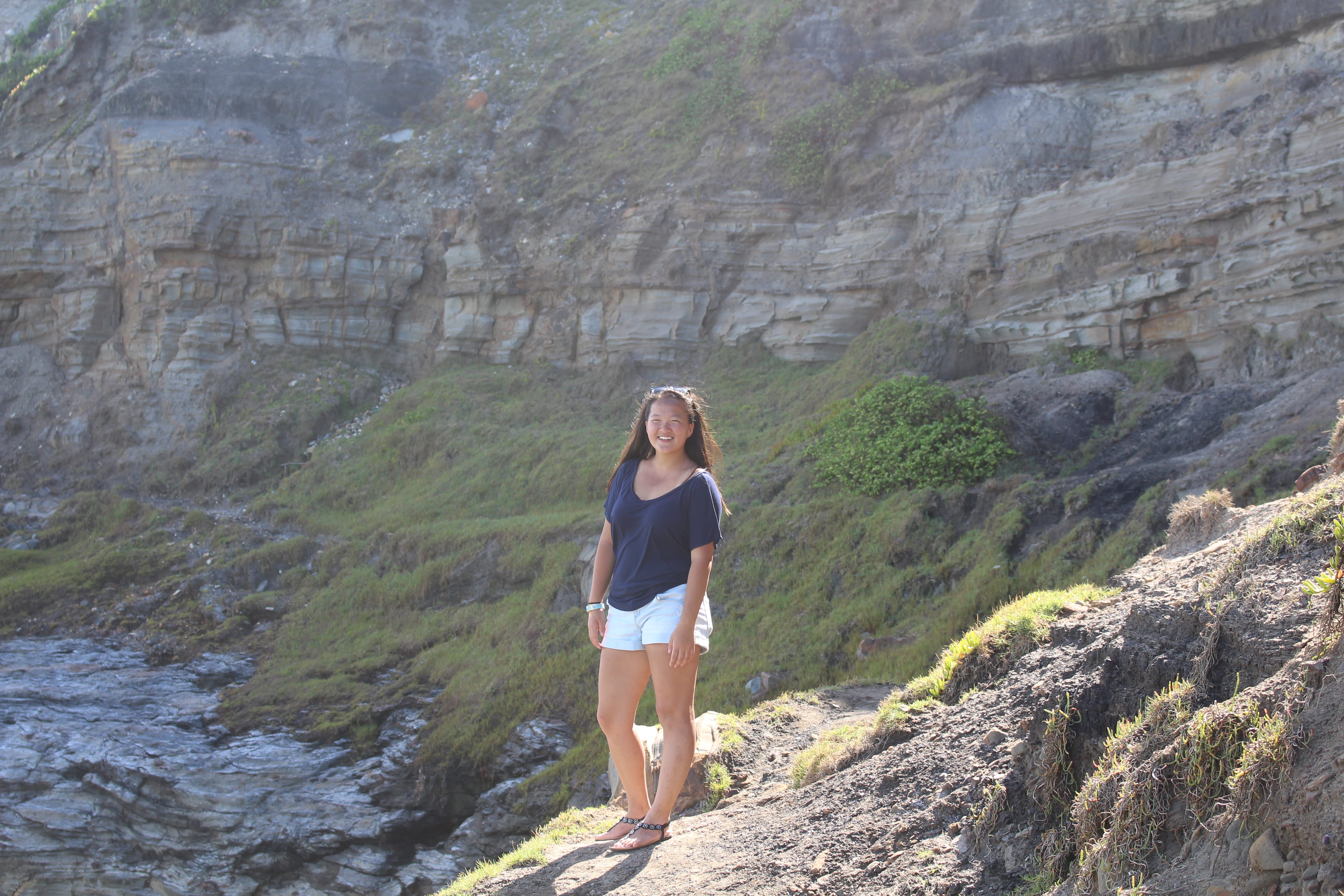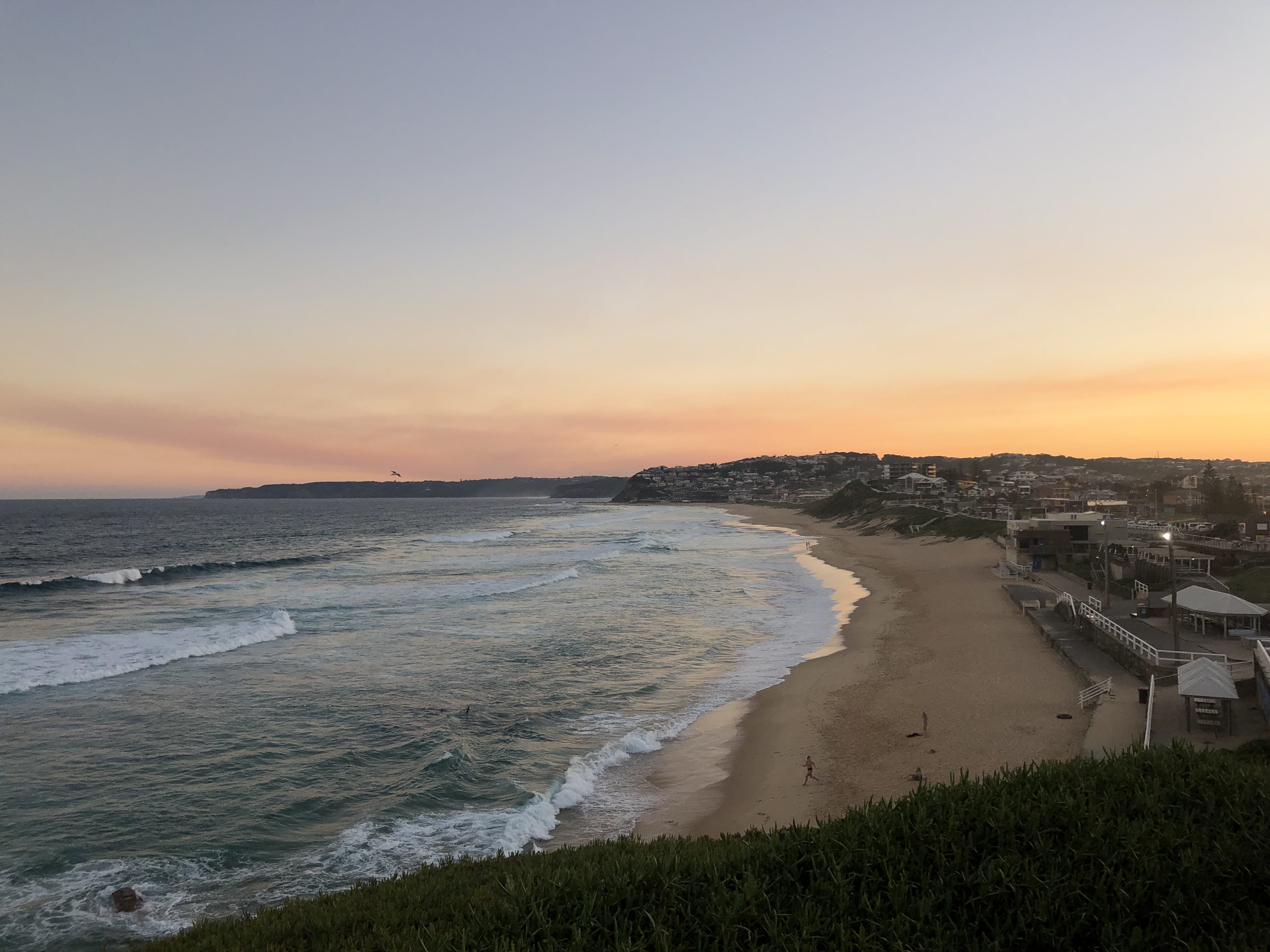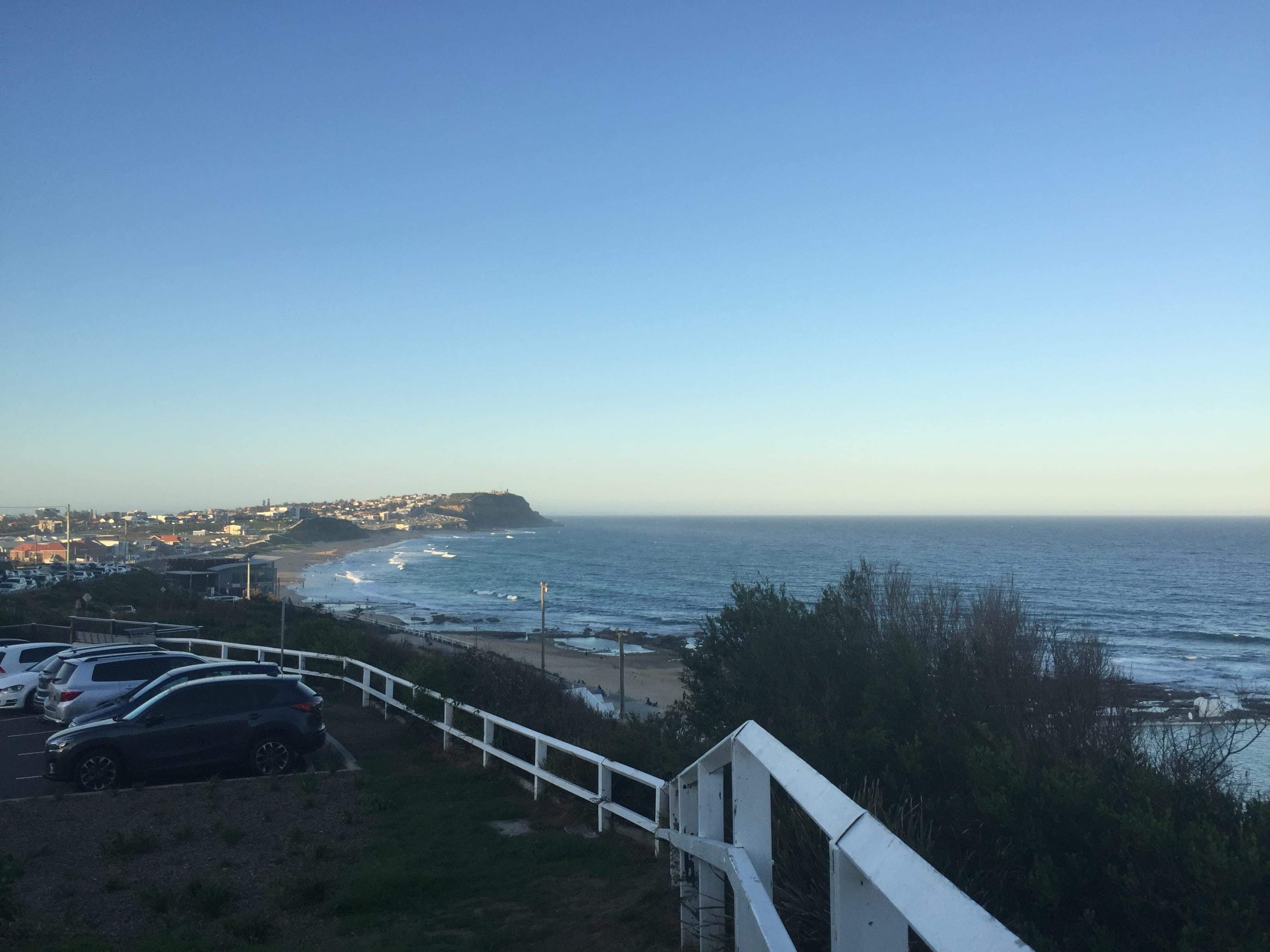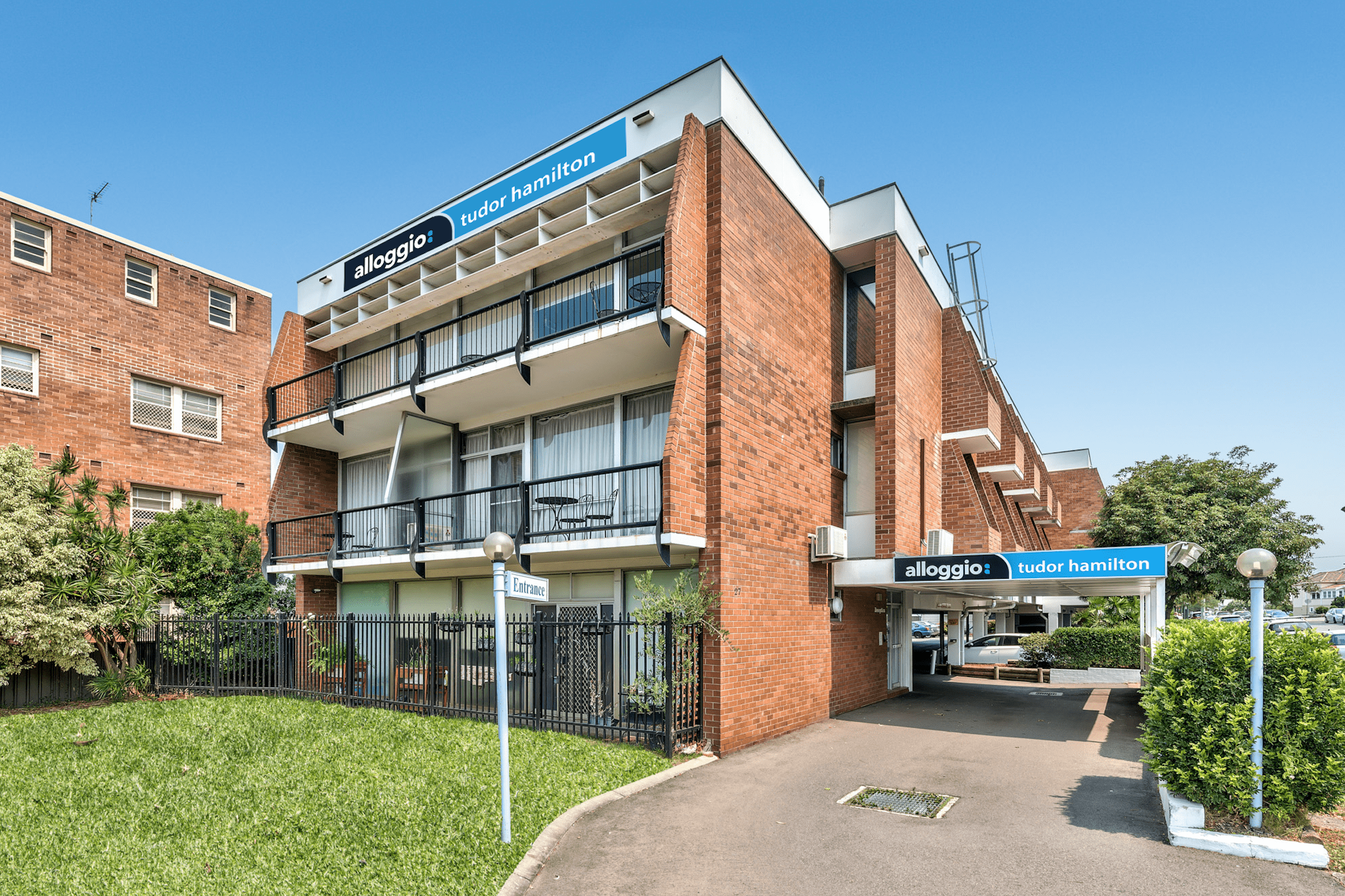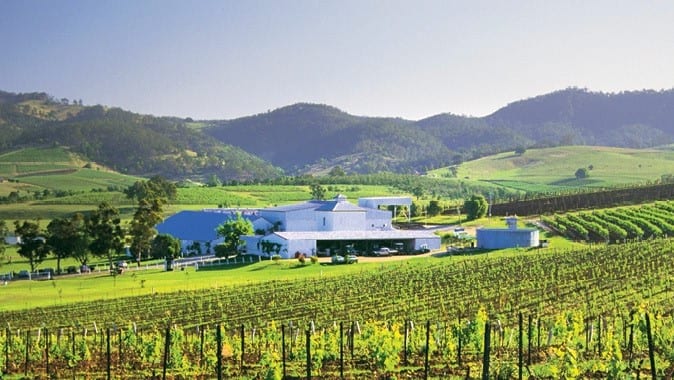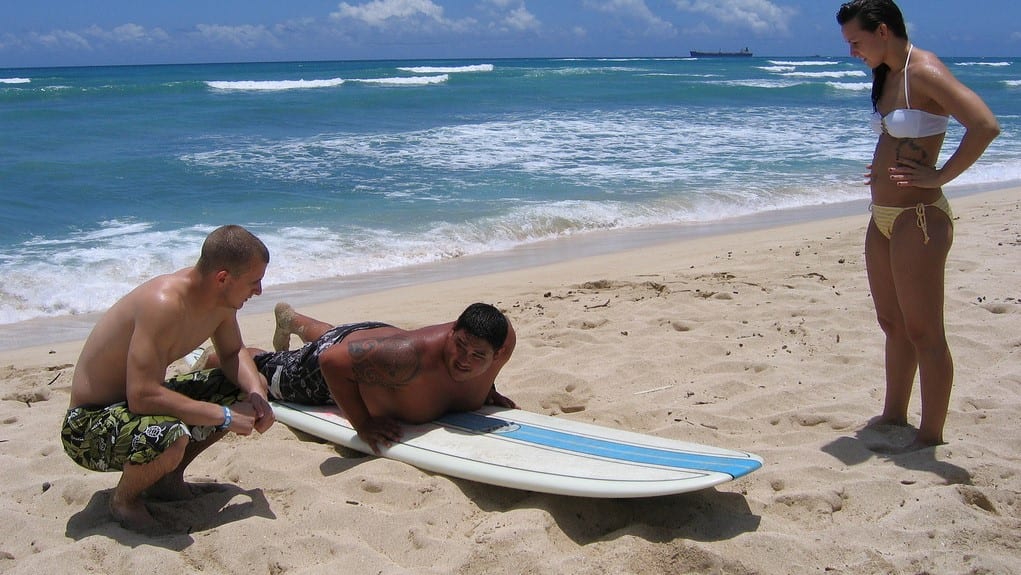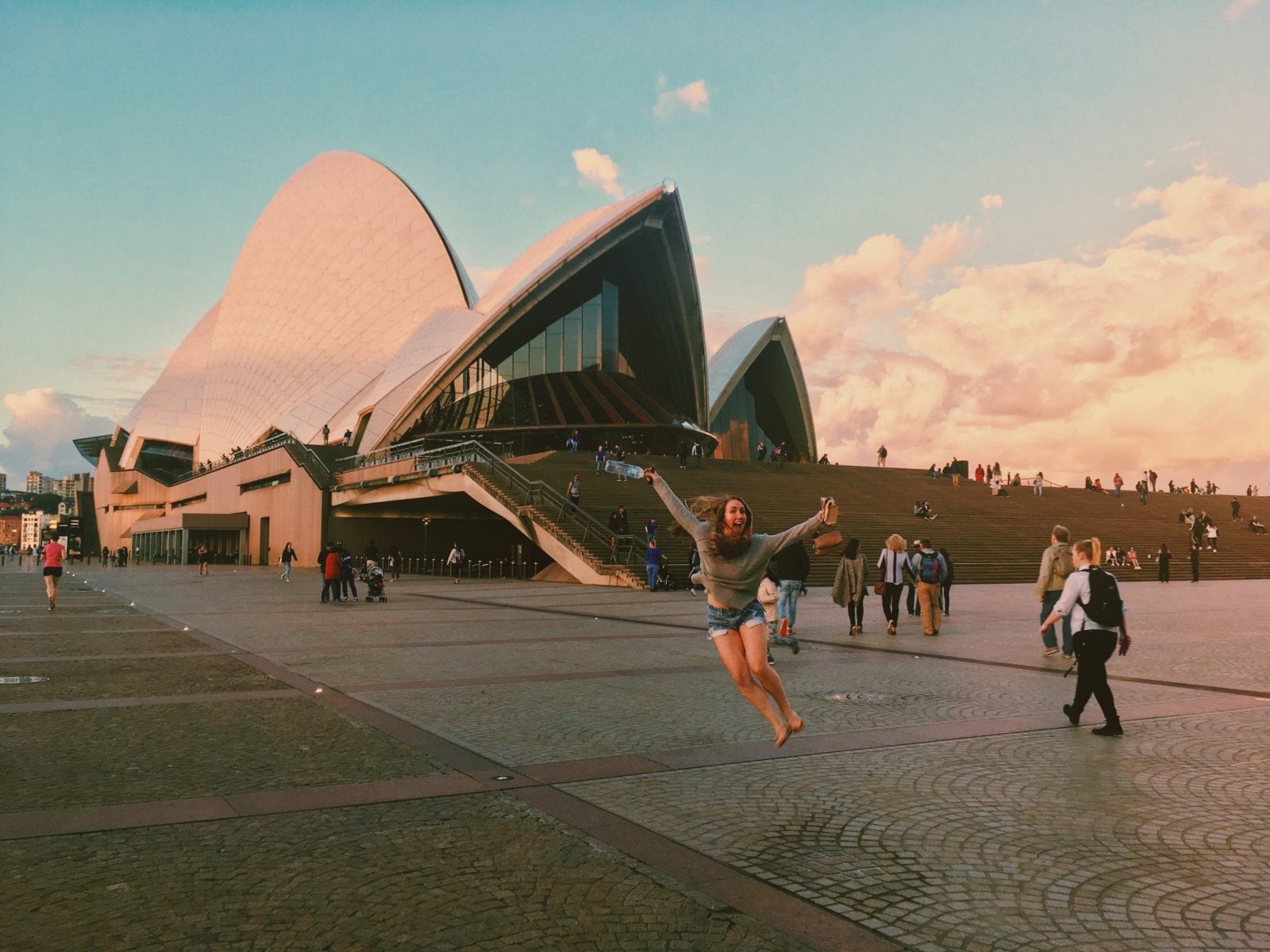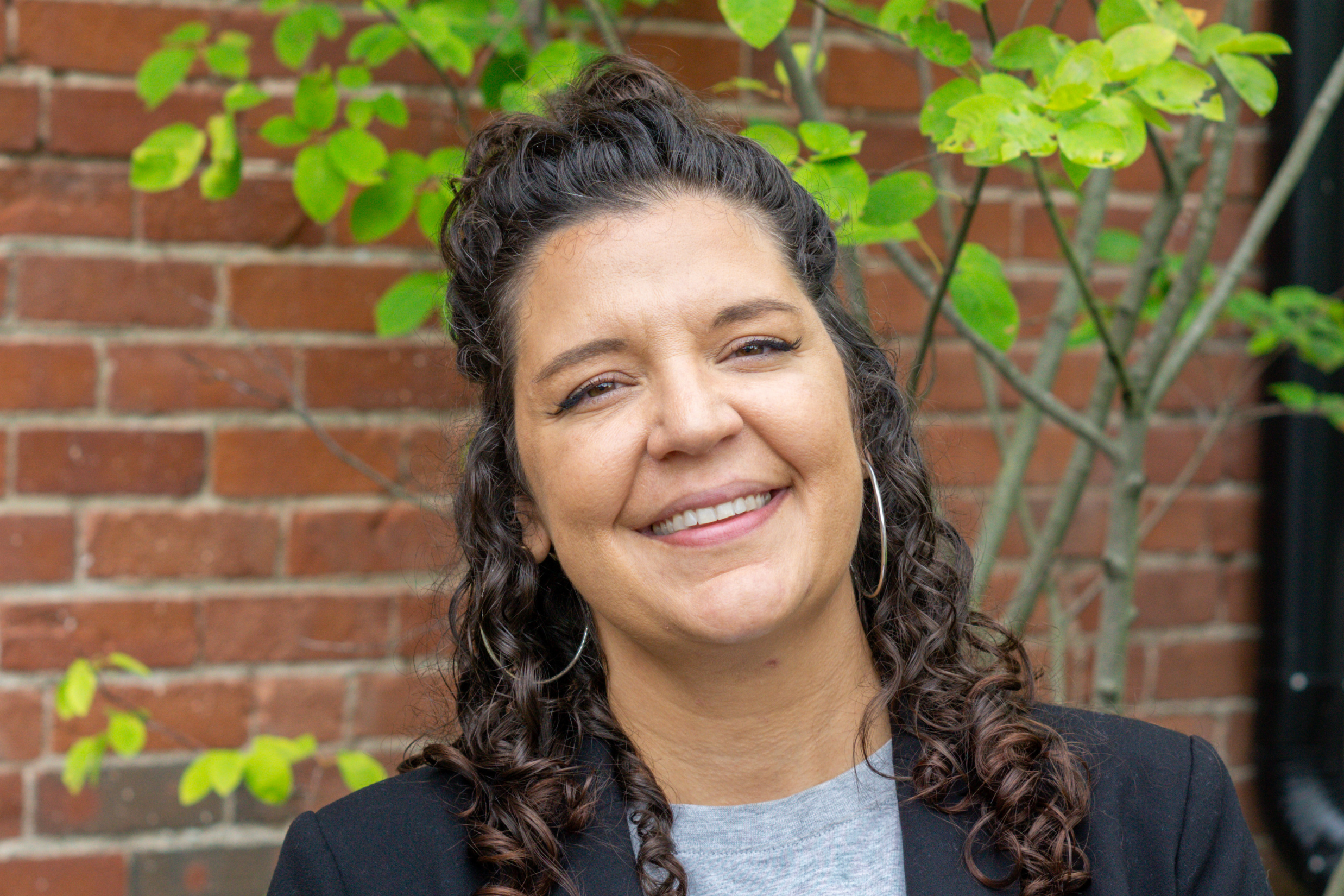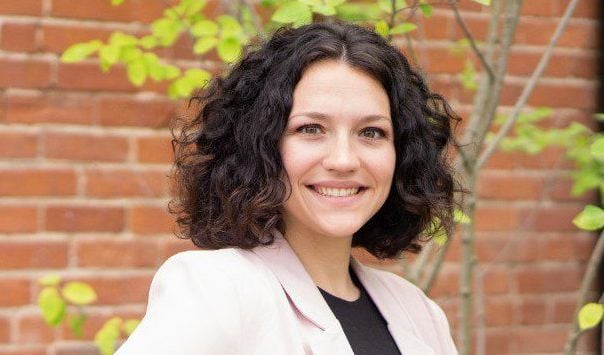In only about 50 years, the University of Newcastle has established itself as a world-class institution that ranks near the top. The University combines academic prestige with a stunning spot on the central coast of Australia. It's an ideal choice for students looking for a challenging academic experience in a smaller city.
The University of Newcastle offers a selection of courses that rival any university. You might be impressed by its top-ranked STEM fields (science, technology, engineering, and math). Or you might be drawn to its business school, which holds accreditation by the AACSB. Finally, you can take excellent courses in a range of topics, including health and social sciences, architecture and design, and education.
If you're looking for a spectacular setting, the checklist continues: the main campus, Callaghan, is set on 345 acres of beautiful, natural bushland. The University has gained international recognition for practicing ecologically sustainable principles. Australians regard the University as one of the most beautiful campuses in the country. Or, hop on the campus shuttle for a quick ride into the action in Newcastle's central business district (CBD). And, you'll never be too far from surf, beaches, waterways, parks, and forests.
The campus at the University of Newcastle includes state-of-the-art buildings and other facilities. You'll enjoy a full gym, an indoor heated pool, aerobic studios, and the second highest climbing wall in Australia. Social and cultural events on campus are so popular that they attract residents from Newcastle unaffiliated with the University.
Newcastle's student population is just under 27,000 and includes some 6,000 international students from 80-plus countries. The support services are exceptional. You'll easily integrate into campus life by joining any of the 100 campus-based sport or social clubs.
Accredited by The Department of Education, Employment and Workplace Relations of Australia; Association to Advance Collegiate Schools of Business (AACSB)
All CIS Abroad returning transcripts from institutions in Australia are completely digital. This will mean no physical copies of transcripts will be mailed for this program.

